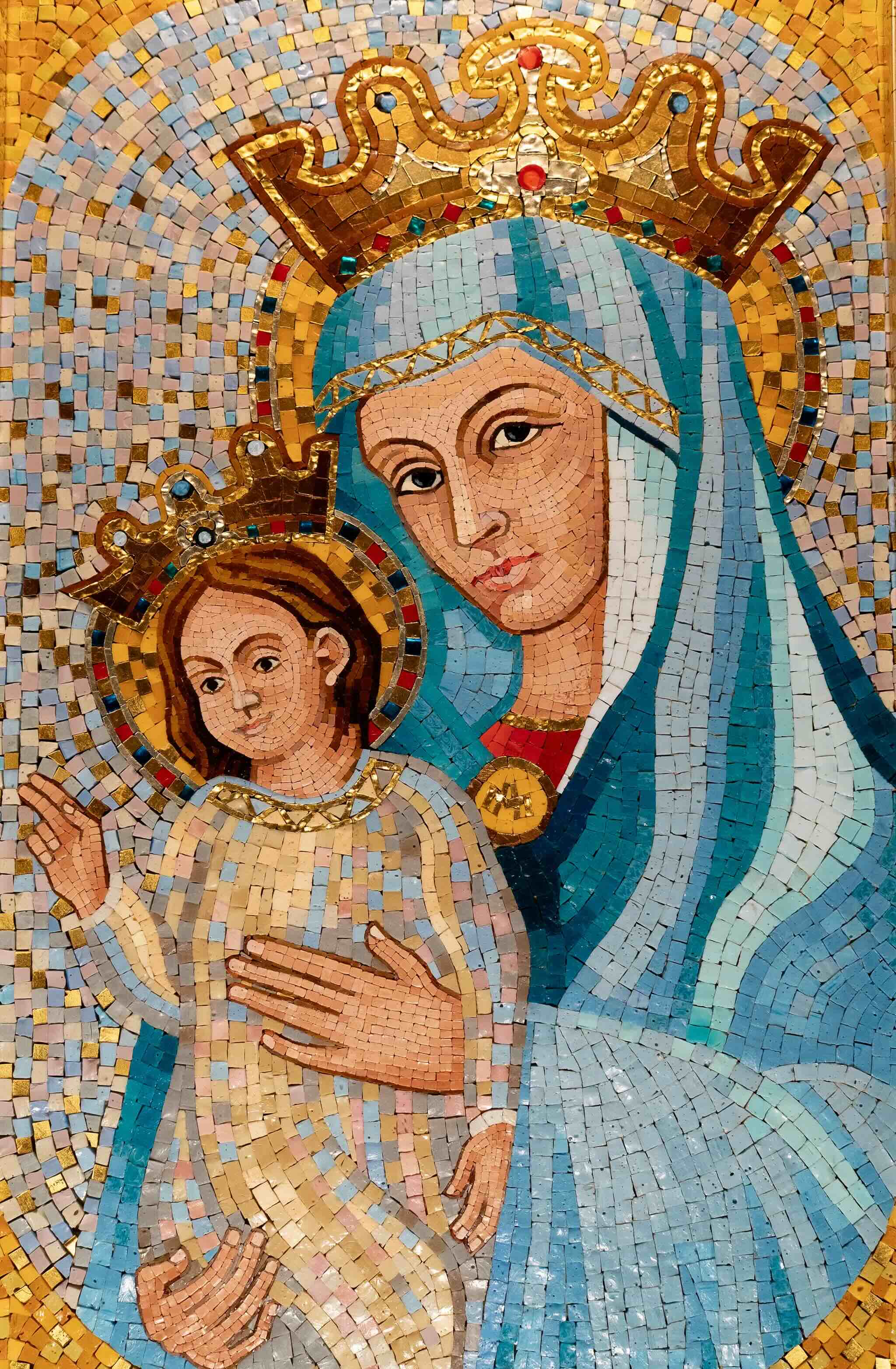

When Dr Sarah Jane Boss first encountered the figure of Our Lady, it changed not only her faith but the direction of her life. Now a Lecturer in Dogmatic Theology and Mariology at St Mary’s College, Oscott, she shares how her own journey into the Church shaped her profession as a theologian - and what she sees in today’s seminarians.
“I’m a convert to Catholicism,” Dr Boss begins, “and Our Lady was a very strong part of that. I’d been active in the women’s movement and wanted to find out about the most important woman in Christianity.”
Raised in the Protestant tradition, her early understanding of Mary was limited — “meek, submissive, the model of docile womanhood.” Yet as she began reading about the history of Marian devotion, she discovered a profoundly different picture: “Mary as a powerful figure, someone people turn to in their greatest distress — the one who intercedes, who cooperates with God’s work of transformation.”
That realisation would shape the rest of her theological life. In her research and teaching, Dr Boss explores how Mary’s ‘yes’ to God — “Let it be to me according to your word” — mirrors the act of creation itself. “In Genesis, God speaks the world into being. In Luke’s Gospel, Mary’s assent allows that creative word to take flesh. She becomes the cooperator in the new creation — the work of God remaking the world through Christ.”
Dr Boss teaches dogmatic theology — a discipline that can sound intimidating but, as she explains, is deeply practical. “Dogmatic theology is the systematic study of Christian teaching, using the philosophical tools students learn in their earlier courses. We explore doctrines like the Trinity and the Incarnation, but also how the Church’s teaching develops and what it reveals about the mind of God.”
It is, she says, “where reason meets revelation” — and where the Church’s formal teaching is examined not as dry formulae, but as living truths that illuminate human existence.
Mariology, Dr Boss’s particular field, stands out for the way it holds together head and heart. “All theology begins in practice,” she explains. “The doctrine of the Trinity, for example, emerged from the Church’s worship — from calling the Father, Son, and Holy Spirit ‘Lord’. In the same way, Mariology begins in devotion. It grows out of people’s prayer and their experience of the Mother of God.”
Unlike many academic disciplines, she says, Mariology has never lost that connection between theological reflection and popular devotion. “Theologians might write complex treatises on the Immaculate Conception, and also reflections on the Rosary or the Immaculate Heart that speak to ordinary people in the pew. I try to bring those worlds together in my teaching — Scripture, systematic theology, and devotion.”
After several years at Oscott, Dr Boss speaks warmly about the seminarians she teaches. “This cohort are very devout - men of prayer. There’s a healthy diversity of thought when it comes to social teaching and ethics. What I love is that they talk - they discuss and debate.”
That openness, she believes, is a distinctive strength of Oscott. “Students here are encouraged to speak their minds. Even if someone says something unorthodox or uncertain, it’s not marked against them. They can raise difficult questions and have them discussed honestly. It makes for real formation of mind and heart.”
Watch her interview here: Mariology at Oscott: Discovering Mary with Dr Sarah Boss
Discover more about seminary life oscott.org/what-to-expect